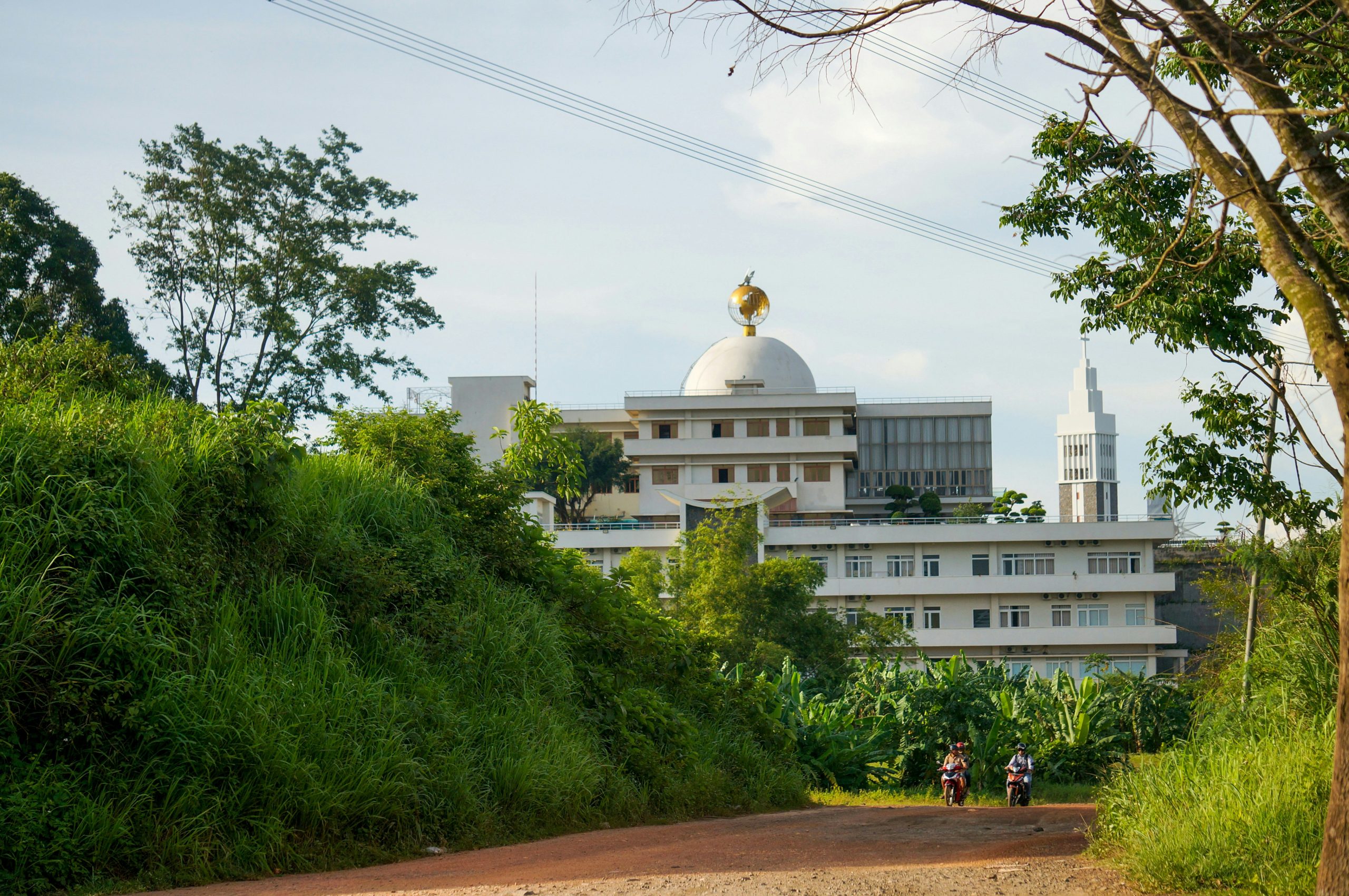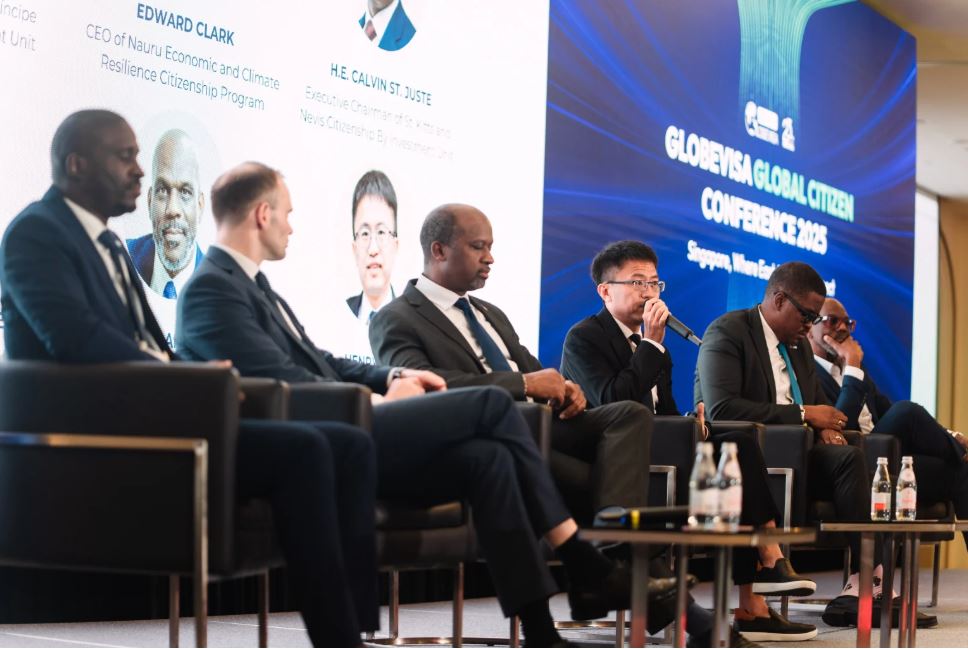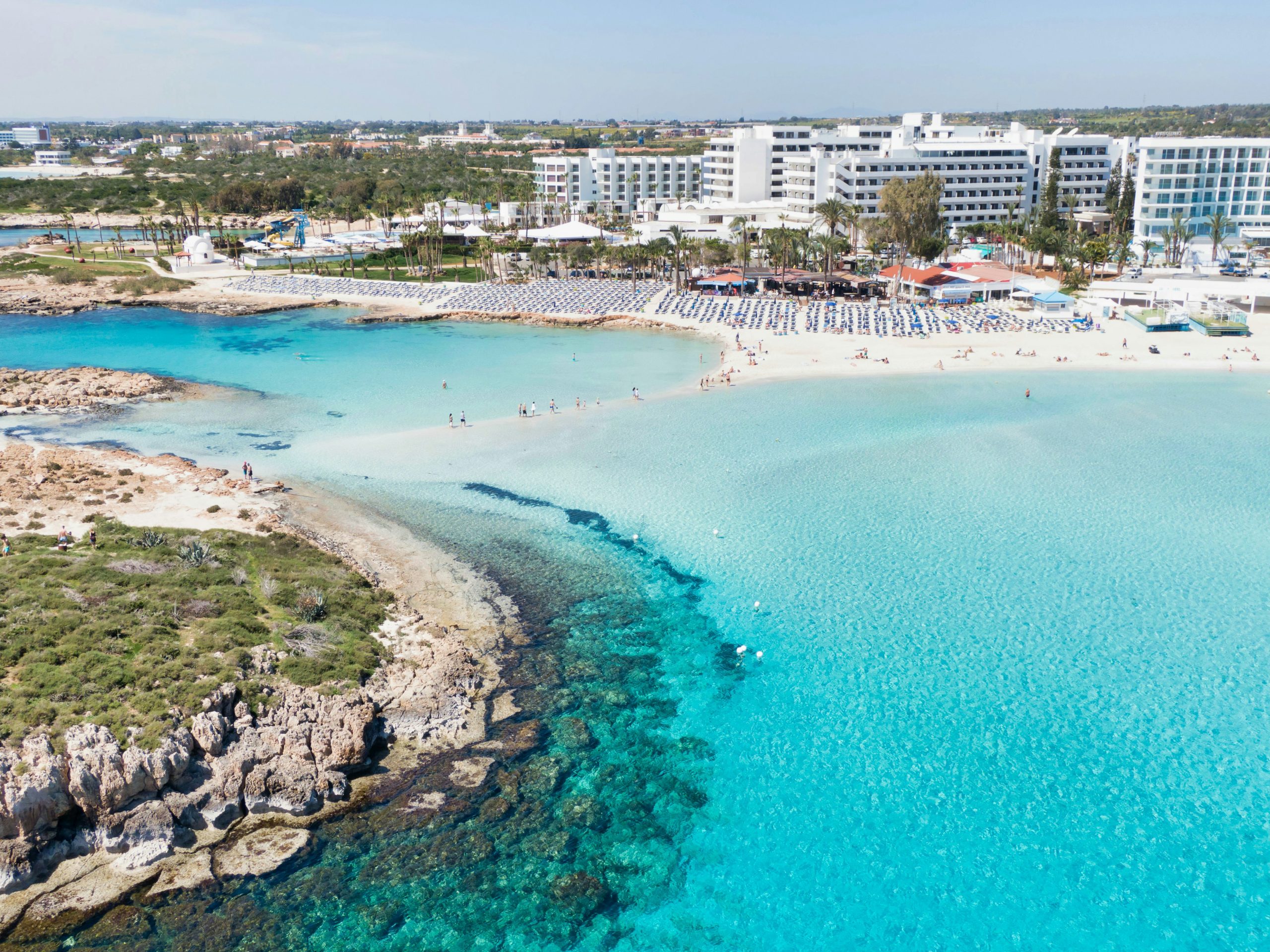In a world where investors seek stability, strategic regional access, and long-term lifestyle advantages, Malaysia is rapidly emerging as one of Asia’s most compelling residency-by-investment destinations. Often overlooked in favor of Singapore or the UAE, Malaysia now presents a rare blend of affordability, safety, institutional infrastructure, and global connectivity—highly attractive for HNW families, entrepreneurs, and family offices.
The country’s flagship residency program—Malaysia My Second Home (MM2H)—has evolved into a powerful global mobility solution, drawing investors, retirees, entrepreneurs, tech professionals, and families seeking an alternative base in Asia.
If you’re building a long-term global strategy, Malaysia should be firmly on your radar—and here’s why.
✅ 1. Asia’s Most Underrated Powerhouse
Malaysia combines the best of Southeast Asia in one jurisdiction:
- Stable political environment
- Diversified economy (finance, tech, healthcare, logistics, manufacturing, tourism)
- Major international business hub
- Low cost of living, high quality of life
- Modern, rapidly developing infrastructure
For investors who want Asia exposure without the extreme costs of Singapore or Hong Kong—yet with similar convenience and safety—Malaysia offers a compelling balance.
✅ 2. One of the World’s Most Livable Countries for Foreign Families
Education
- International schools (British, American, French, German, IB)
- Reputable universities
- English widely spoken
Healthcare
- Medical tourism destination
- Highly qualified physicians
- International-standard hospitals
Lifestyle
- Safe environment
- Modern cities like Kuala Lumpur
- Multicultural society (Malay–Chinese–Indian)
- Warm climate and renowned beaches
For families, Malaysia delivers a premium quality-of-life package—at a fraction of Singapore or Dubai.
✅ 3. Strategic Gateway to All of Asia
Malaysia’s location is a core advantage. From Kuala Lumpur:
- Singapore (≈45 minutes)
- Thailand (≈1 hour)
- Indonesia (≈2 hours)
- Vietnam, Philippines, Cambodia, Hong Kong (≈3–4 hours)
- Japan, Korea, China (≈5–7 hours)
KLIA is a leading regional transit hub—ideal for investors operating, traveling, or managing businesses across Asia.
✅ 4. A Welcoming Tax Structure for International Investors
Malaysia offers meaningful tax advantages:
- No tax on foreign-sourced income (for MM2H participants under current rules)
- No inheritance tax
- No capital gains tax on many asset classes
- Attractive retirement incentives
- Favorable real estate pricing
A pragmatic framework for wealth planning, especially for cross-border income and asset protection.
✅ 5. The Malaysia My Second Home (MM2H) Program: Stable, Flexible, Attractive
MM2H is one of Asia’s longest-standing residency programs. Key features:
- Long-term renewable residency (5–10 years depending on region)
- Family inclusion (spouse and dependent children)
- Low physical presence requirement
- Option to invest in real estate
- Flexible financial thresholds under regional variants (e.g., Sarawak MM2H)
An accessible, secure route suitable for families, entrepreneurs, and retirees.
✅ 6. High Potential for Appreciation & Growth
Malaysia’s trajectory is favorable:
- Expanding tech ecosystem
- Rising EV and green energy investment
- Real estate still relatively undervalued
- Infrastructure megaprojects underway
- Strong tourism and services growth
Early movers can position for long-term value creation.
✅ 7. A Peaceful, Stable, Multicultural Environment
A uniquely harmonious social fabric:
- Malay hospitality
- Chinese commercial dynamism
- Indian cultural influence
- Vibrant expat communities
A setting where foreign investors and families feel welcome and integrated.
Why Malaysia Matters for the Next Decade
Global mobility trends point to increased Asia-Pacific diversification as investors look beyond traditional Western options. Malaysia stands out as:
✅ A safe base
✅ A globally connected hub
✅ A tax-friendly jurisdiction
✅ A lifestyle destination
✅ A long-term residency solution
✅ A gateway to all of Asia
For investors seeking stability, opportunity, and lifestyle—Malaysia is a strategic advantage, not just an option.
Globalia & Globevisa: Your Advisors for Malaysia & 100+ Global Programs
With deep expertise across Asia, Europe, the Middle East, and the Caribbean, Globalia Consulting and the Globevisa Group guide families in evaluating MM2H against 100+ global mobility options.
Whether Malaysia becomes your new base or part of a broader plan, our team tailors a bespoke strategy aligned to your goals, family needs, investment appetite, and risk posture.
👉 Request a detailed comparison between MM2H and other residency programs to determine the optimal path for your family office and long-term mobility plan.







